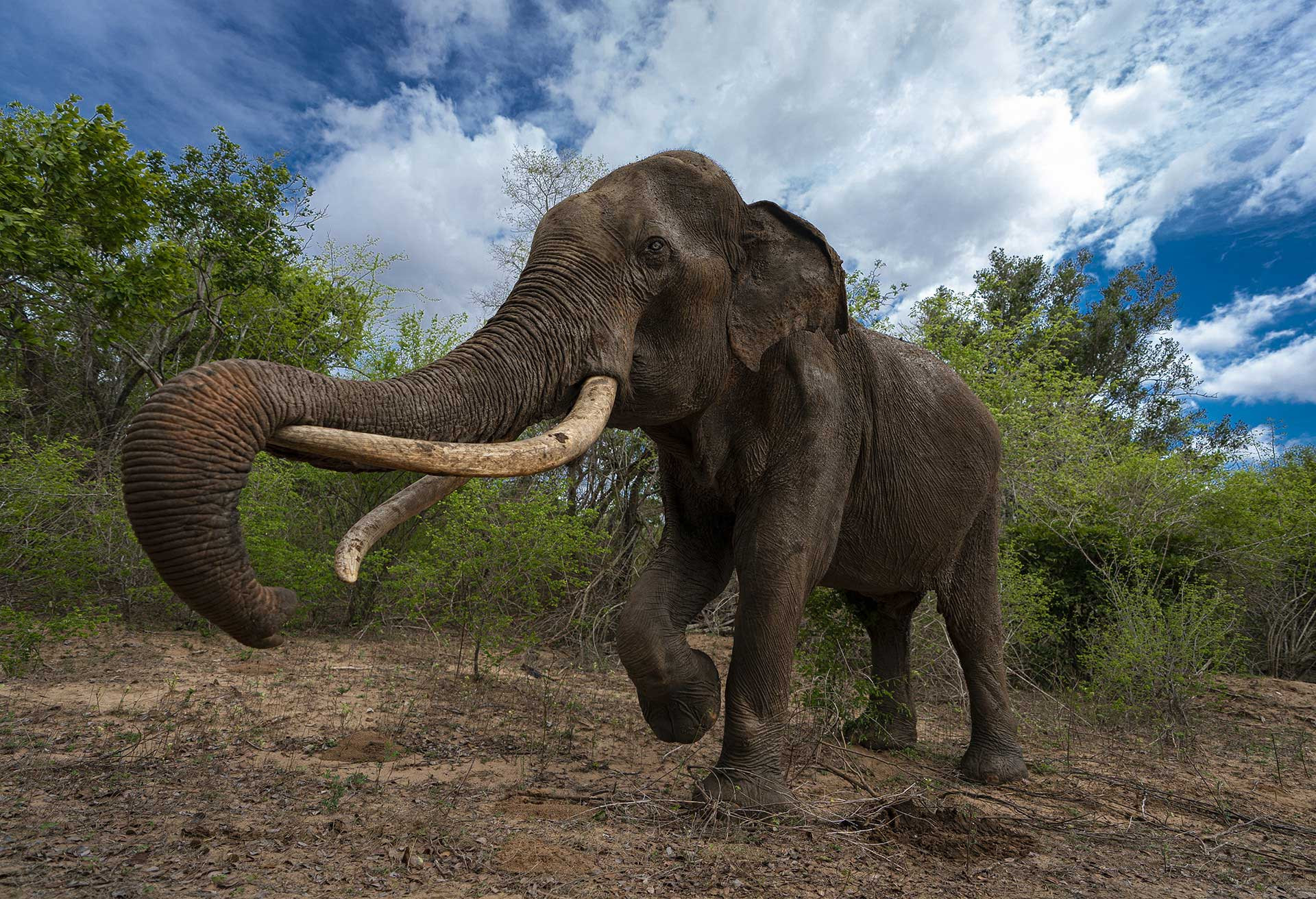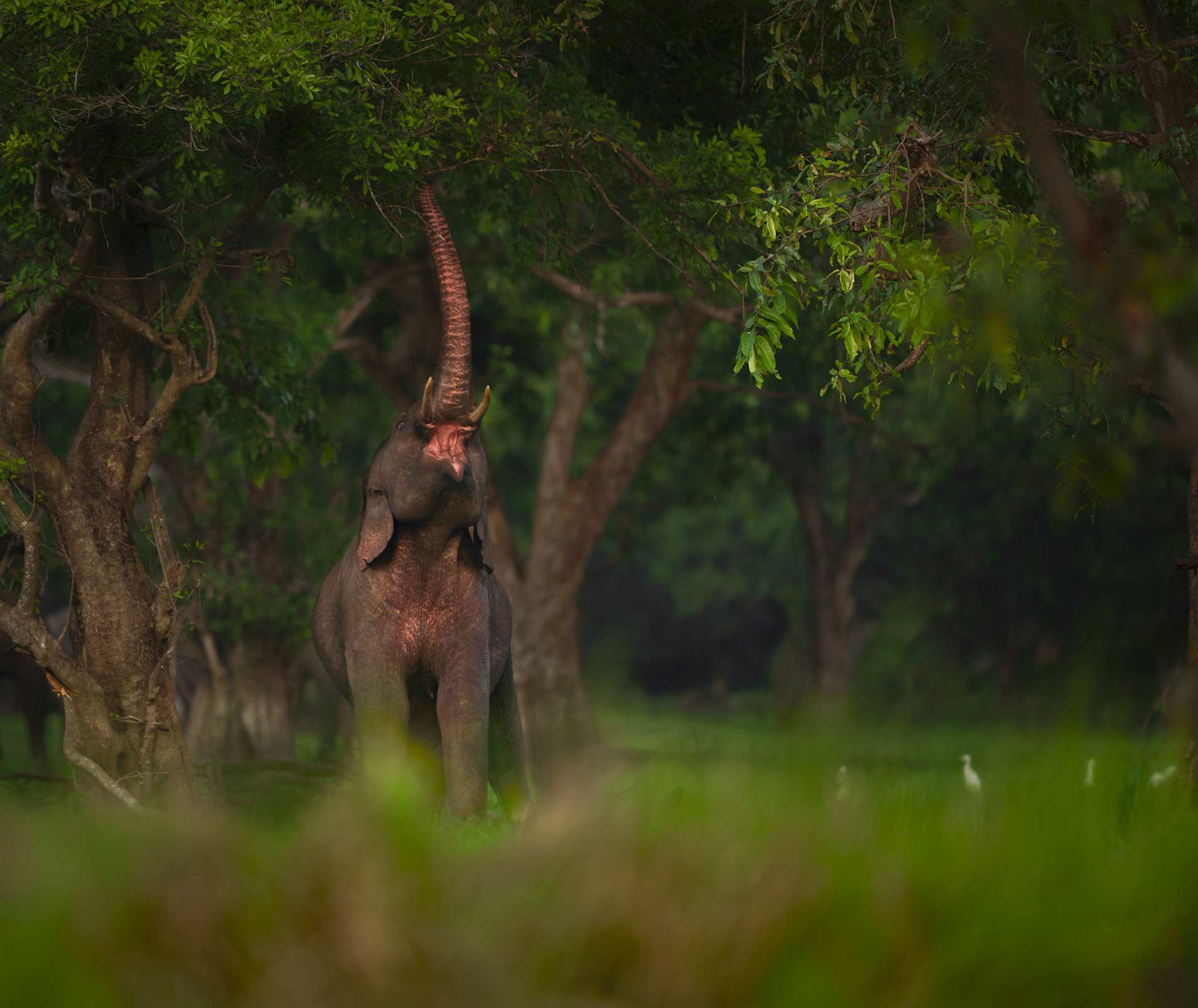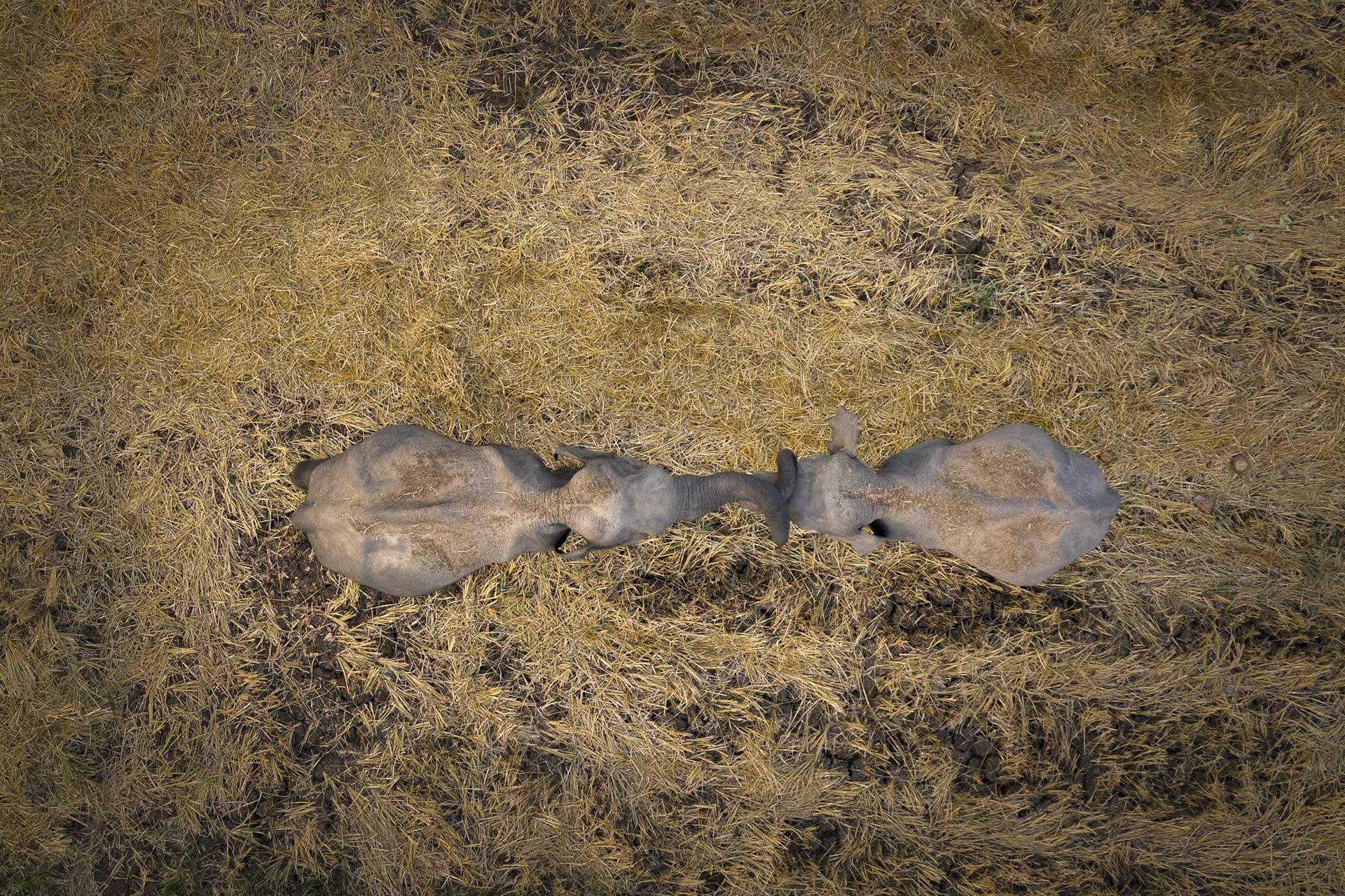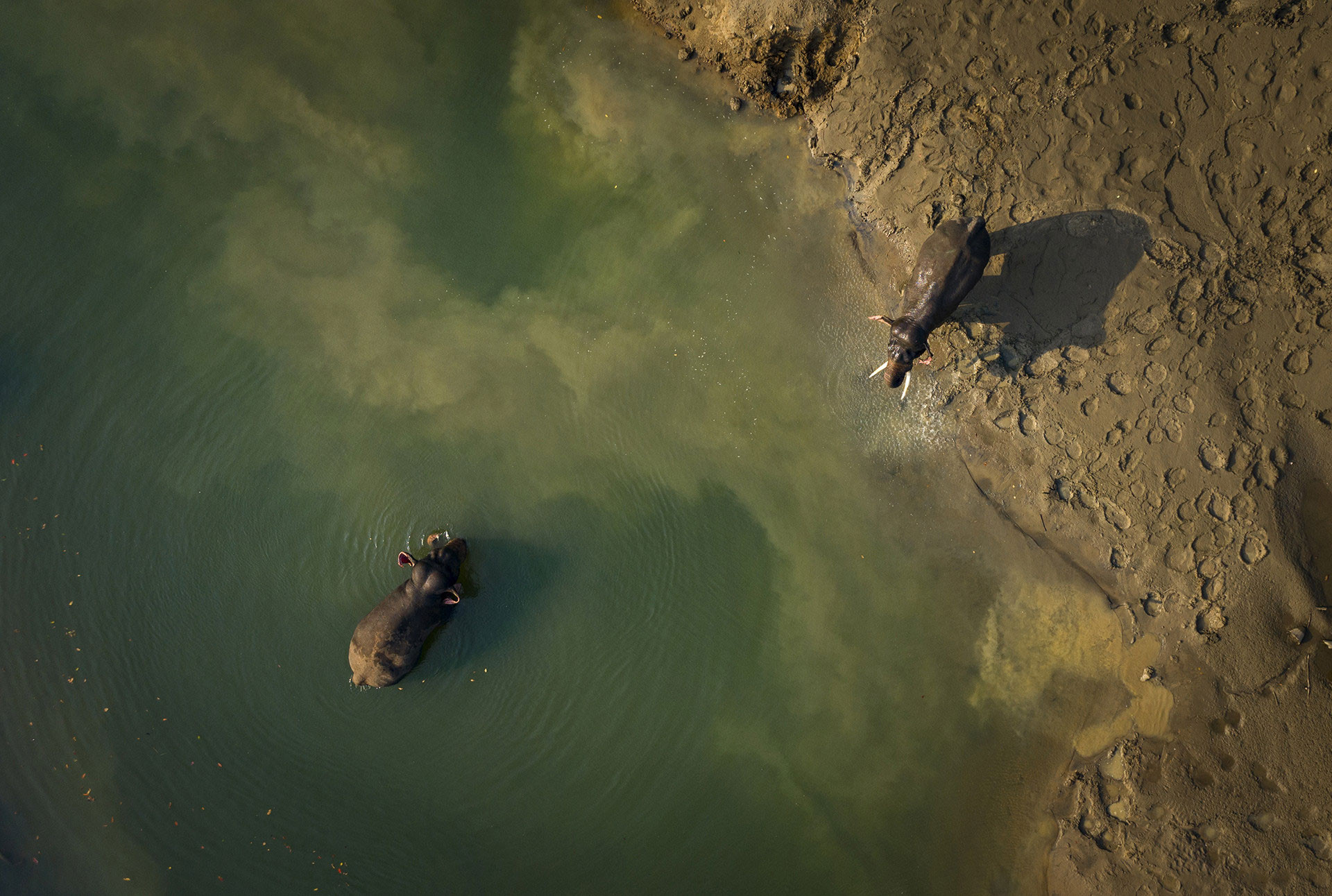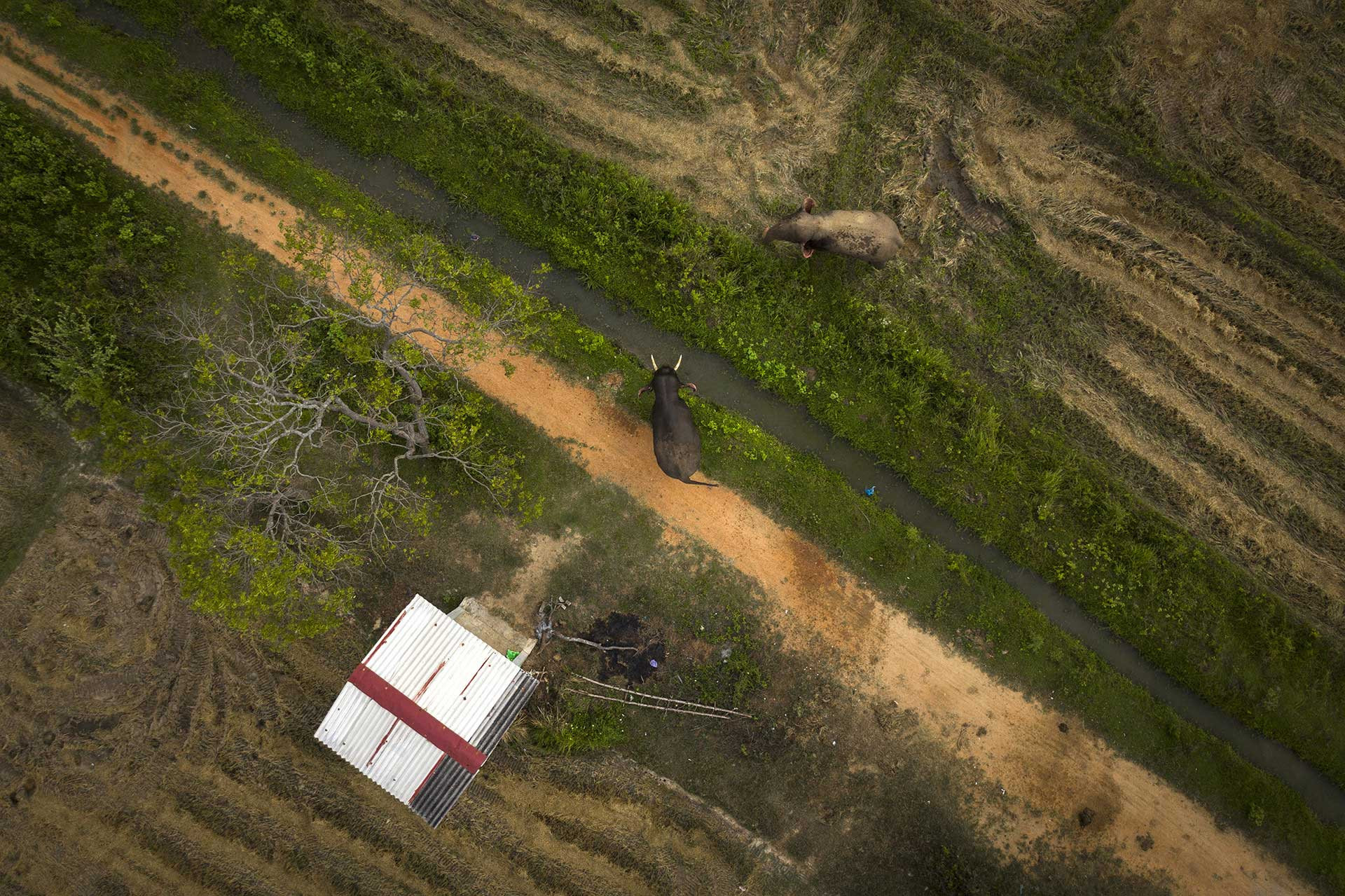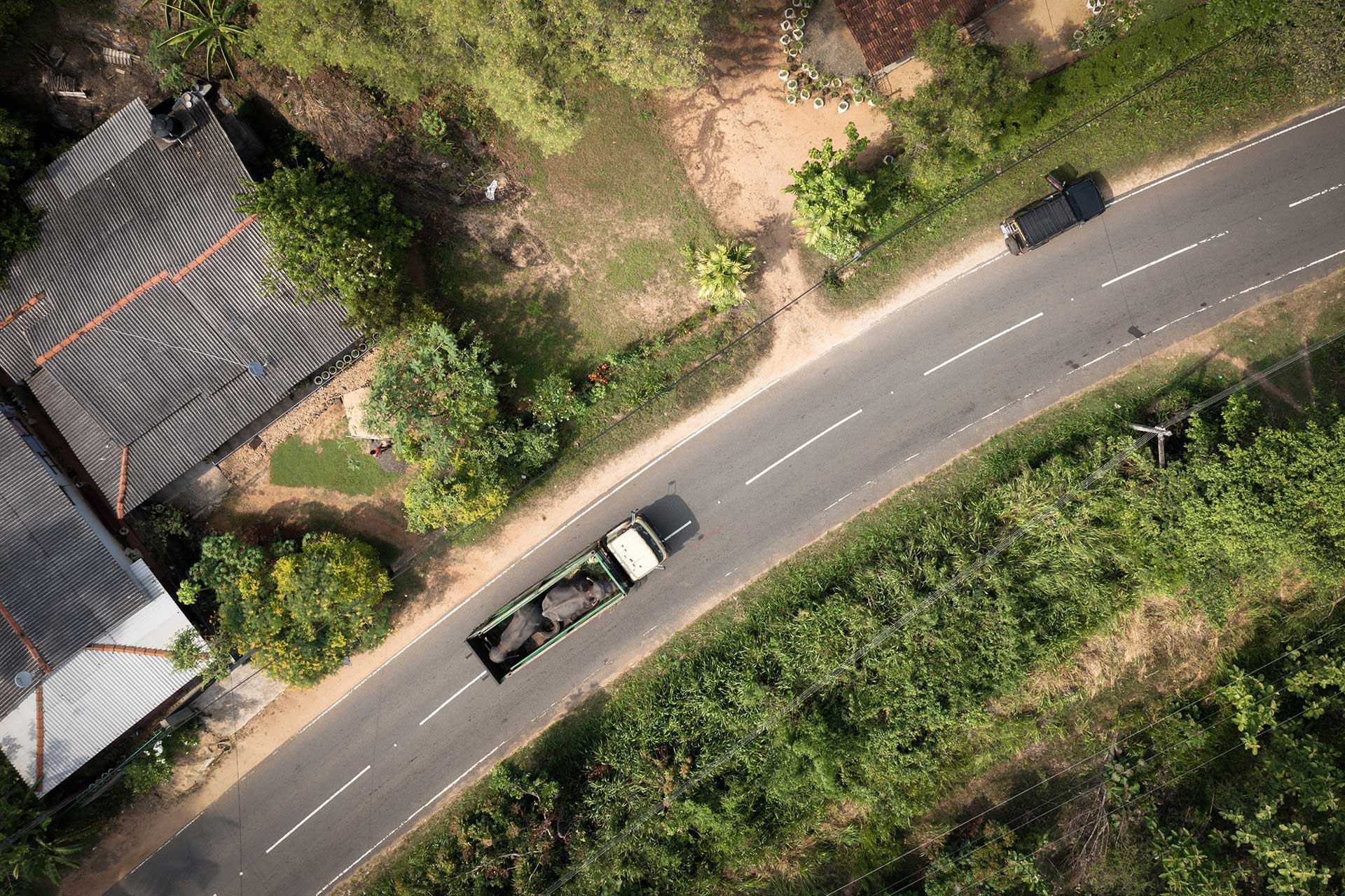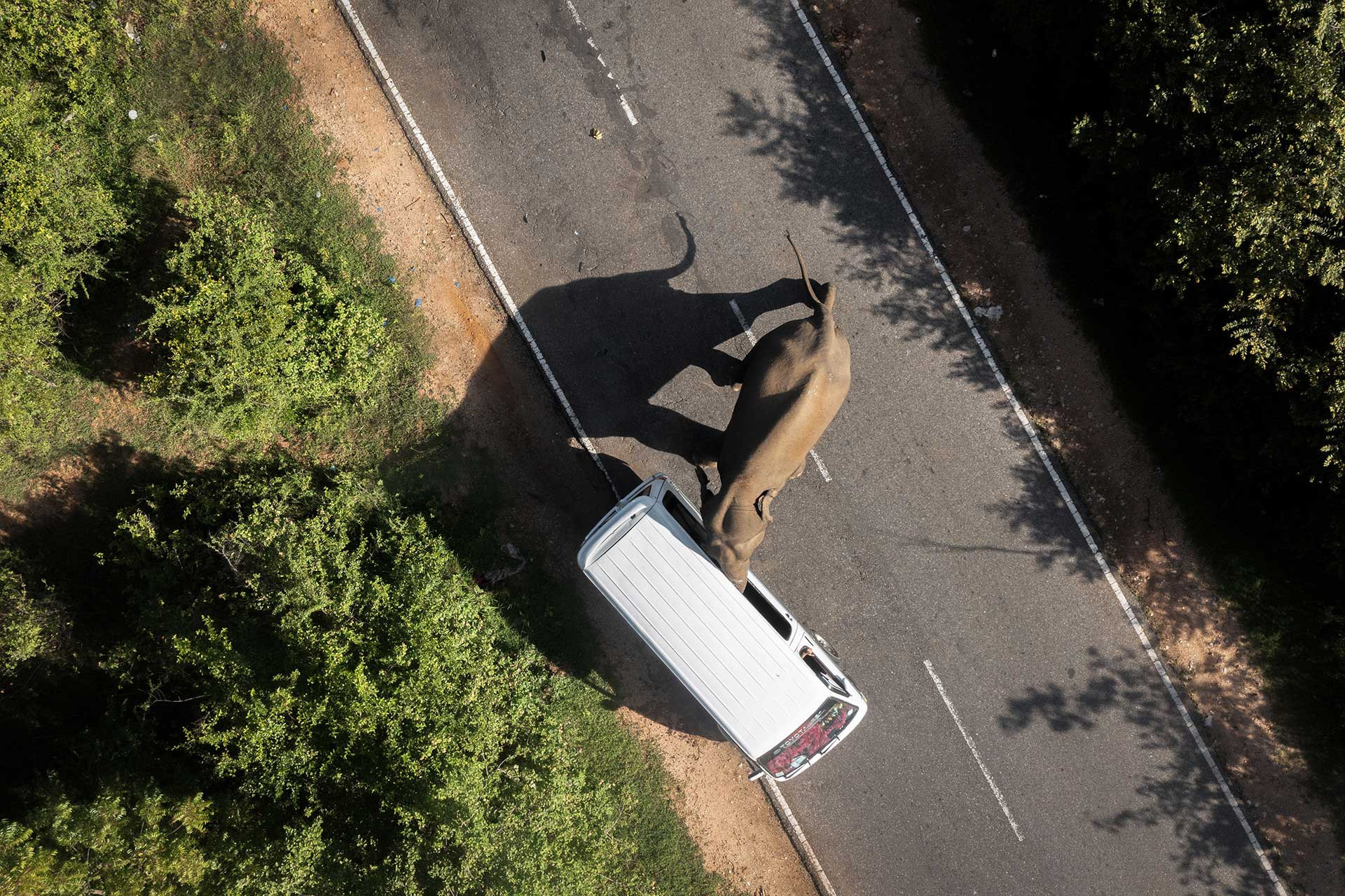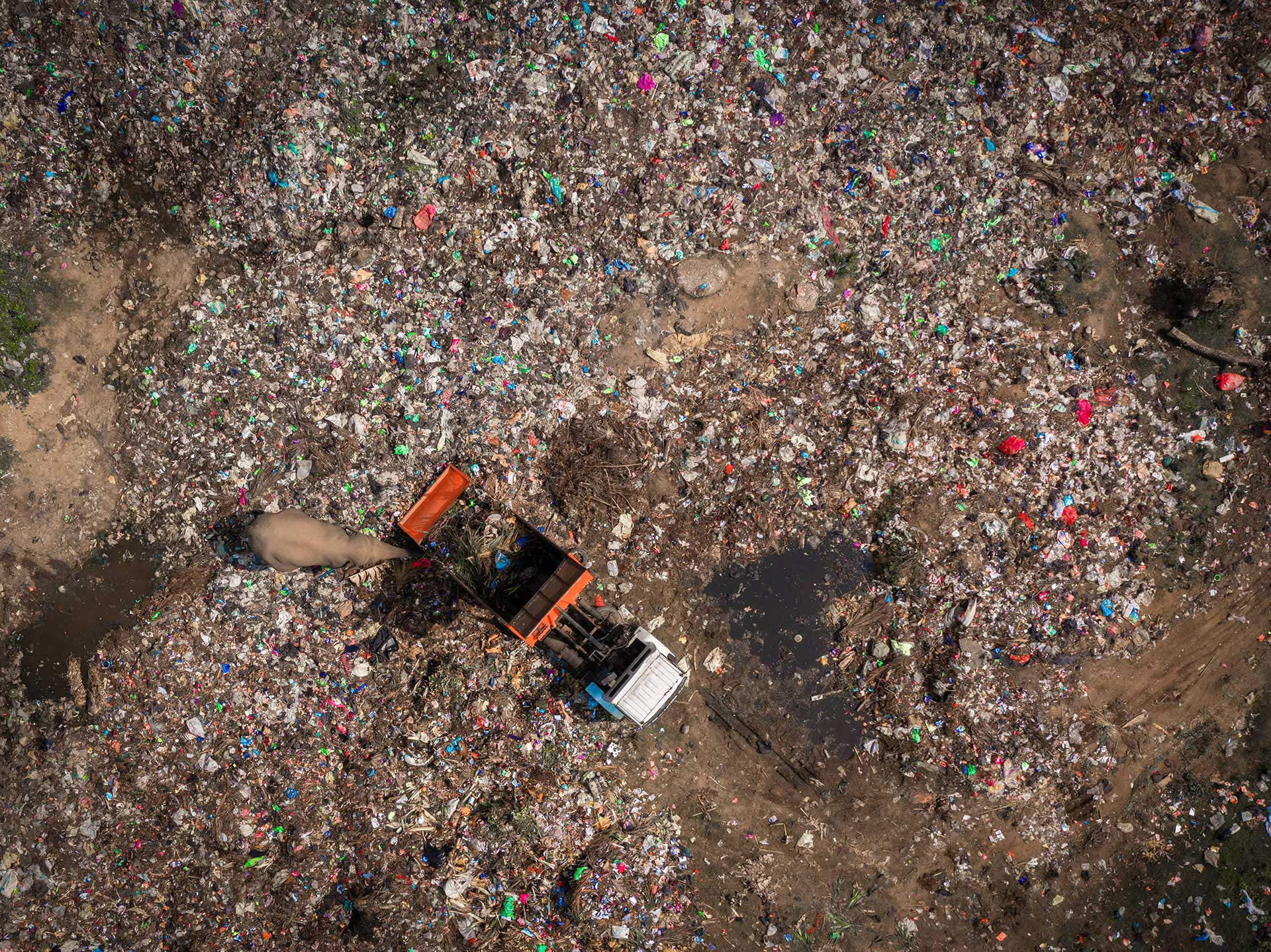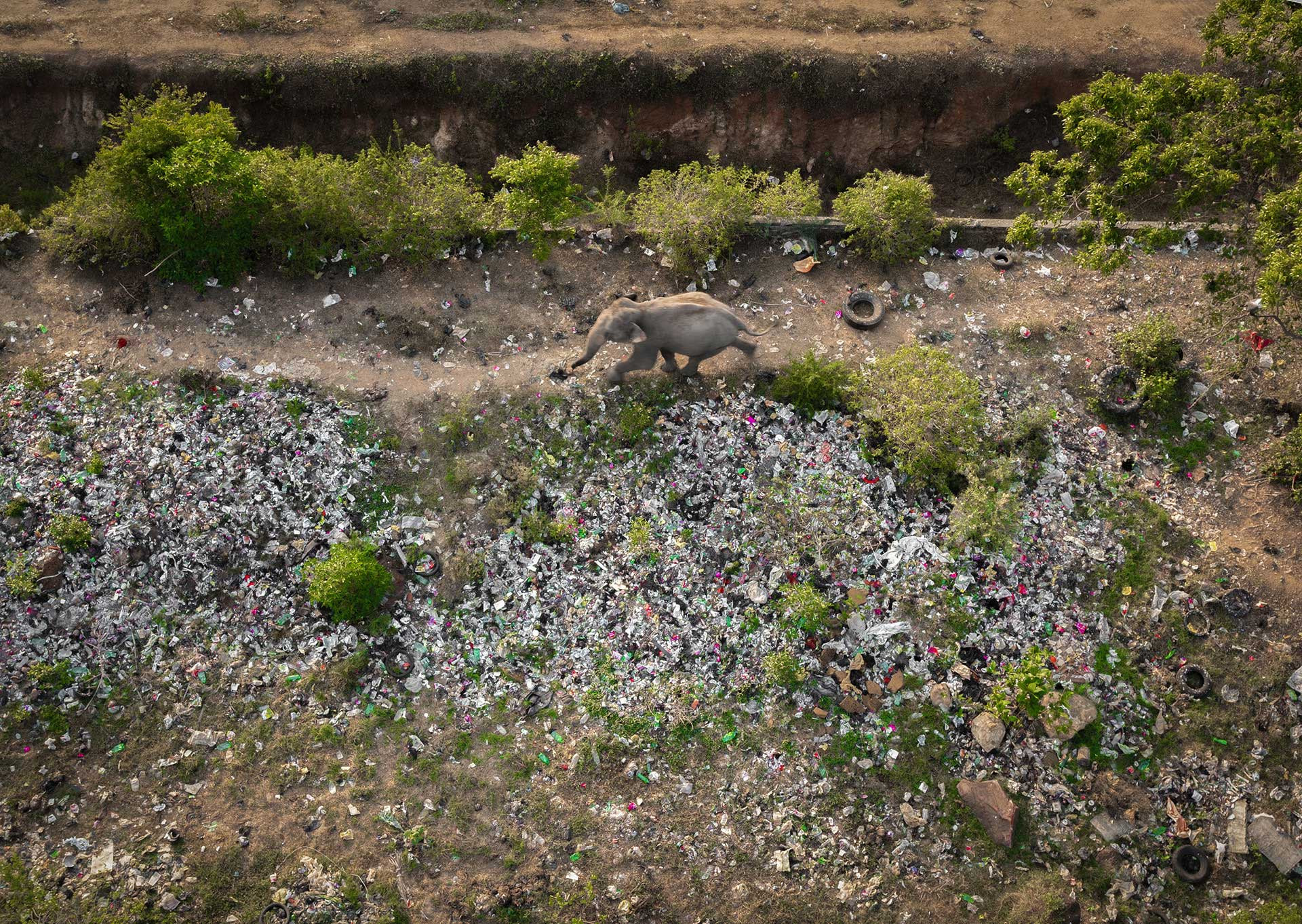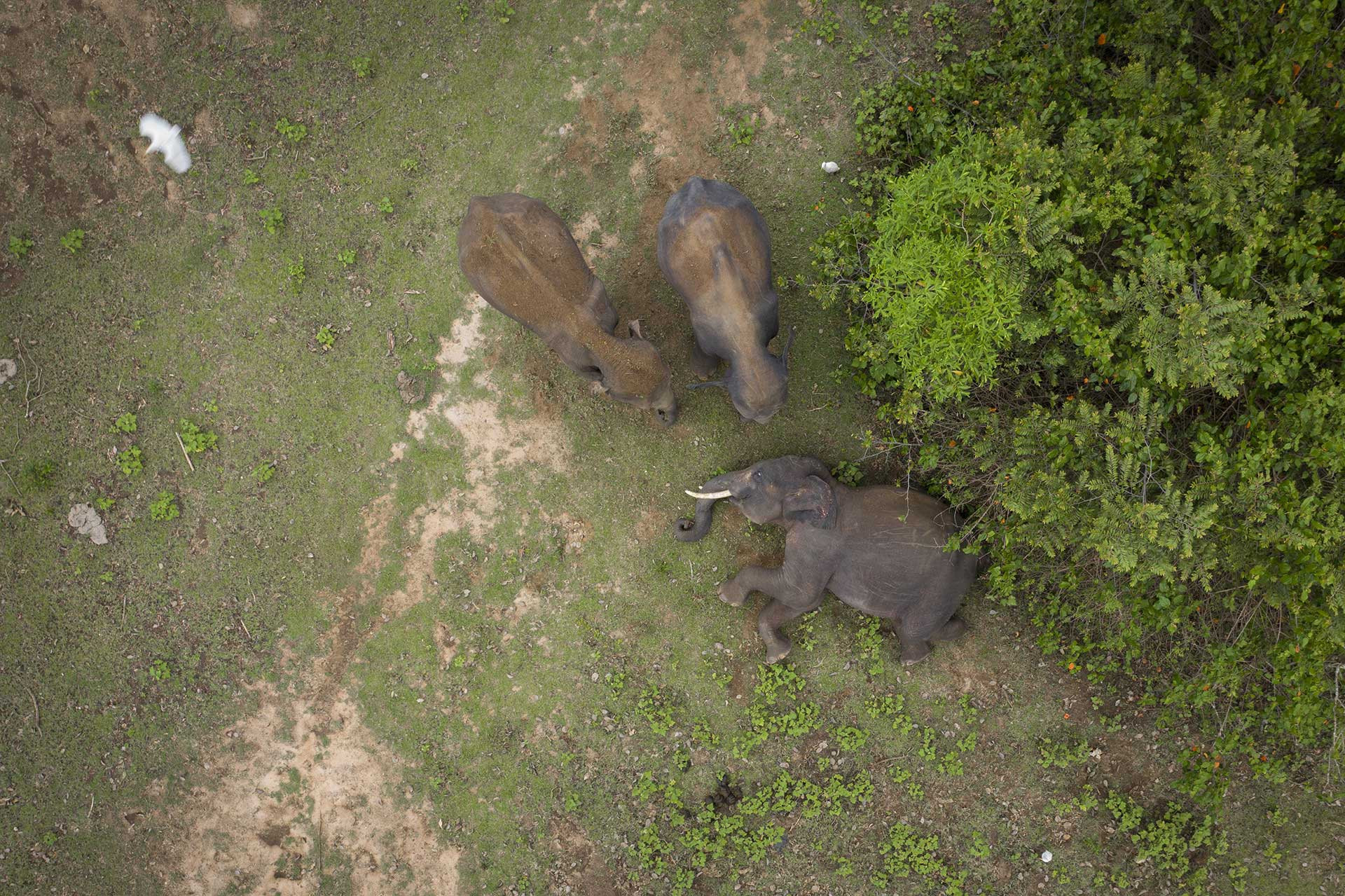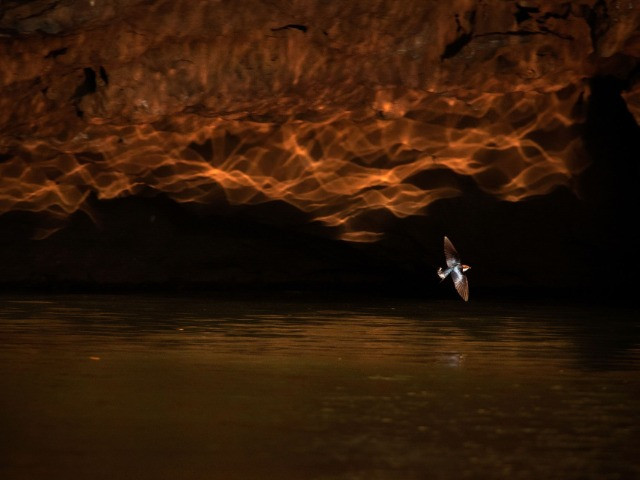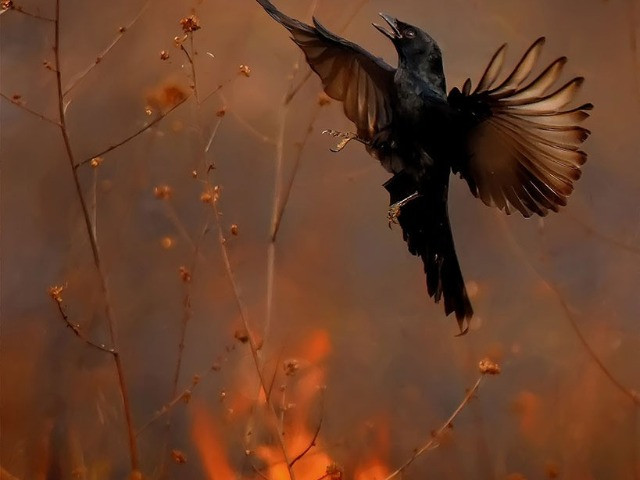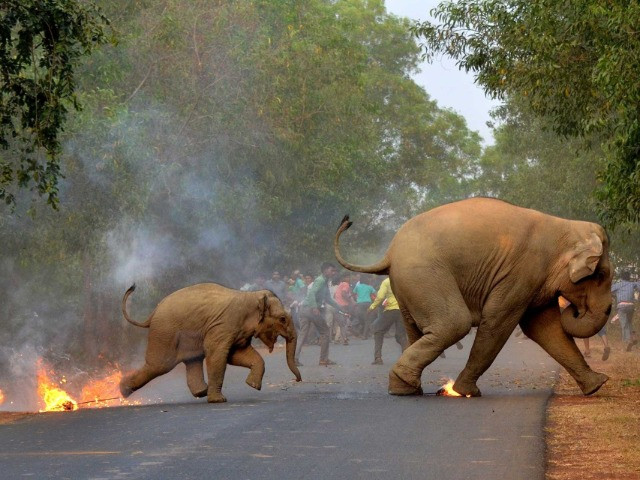
Special Mention | Photographer of the Year – Portfolio
Sri Lanka's wild elephants have nowhere left to go but into human-dominated landscapes. How long can they survive in a fragmented landscape?
by — Lalith Ekanayake
Giants in Peril
In Sri Lanka, Asian Elephants are considered sacred animals, associated with the Temple of the Sacred Tooth Relic in Kandy. Despite this cultural status, they face challenges such as human-elephant conflict and habitat loss. Villagers often suffer crop destruction, yet maintain respect for these majestic creatures.
Once found throughout the island, the elephants’ ancient homes and migratory routes are now restricted. They are classified as Endangered by the IUCN, highlighting the need for immediate conservation efforts.
Efforts are underway to protect elephant habitats, establish wildlife corridors, and promote coexistence. By preserving their habitats and fostering harmony, Sri Lanka aims to secure a future where humans and elephants can peacefully coexist.
From the humble vantage point of a wide-angle camera lens at almost ground level, the indisputable grandeur of this magnificent pachyderm comes to the fore. One has to wonder, the ancient wisdom etched into those weathered tusks!
In a delicate balance between wilderness and civilization, Sri Lanka's wild elephants find solace in forest patches near lakes and human settlements. Amidst lush paddy fields, a lone tusker stretches his trunk skyward, reaching for much-needed nourishment!
Forested patches and paddy fields intertwine like lovers in Sri Lanka's rich ecological tapestry. Here, in a harvested paddy field, two elephants engage in a trunk-to-trunk dance of strength and camaraderie.
In this beautiful aerial frame, a pair of elephants rest and make merry on the bank of a river flanked by paddy fields, right next to a village.
A tusker and a cow stand separated by an irrigation canal that runs along a paddy field, next to which is an abandoned hut. The photograph showcases the deep integration of these large mammals into this human-dominated landscape.
Captives of domestication, two elephants silently endure their journey in an open truck on the highway. The photograph is a firm reminder of the complex relationships between humans and these intelligent mammals.
Wild elephants are a common sight on the roads of Sabaragamuwa Province. Despite the risks and prohibitions, passers-by often offer them food. In this interaction, the occupants of the van seem to have antagonised the animal and were lucky to escape uninjured as the elephant retaliated in anger, shattering the windows and almost toppling the vehicle over.
What a tragic sight! An elephant waits for the dump truck to unload at a landfill. Despite a moat and an electric fence, elephants regularly forage amidst the plastic waste for food.
In a heartbreaking scene, an elephant flees from a toxic garbage dump surrounded by a moat meant to keep them away. Despite the dangers, they come back time and again to forage. The photograph illustrates the desperate choices forced upon these gentle giants by our unsustainable habits.
In a world of dwindling homes and increasing conflicts, these resilient elephants find solace in each other. A young tusker rests beside his companions, enjoying a brief refuge in a forest adjacent to a village.

